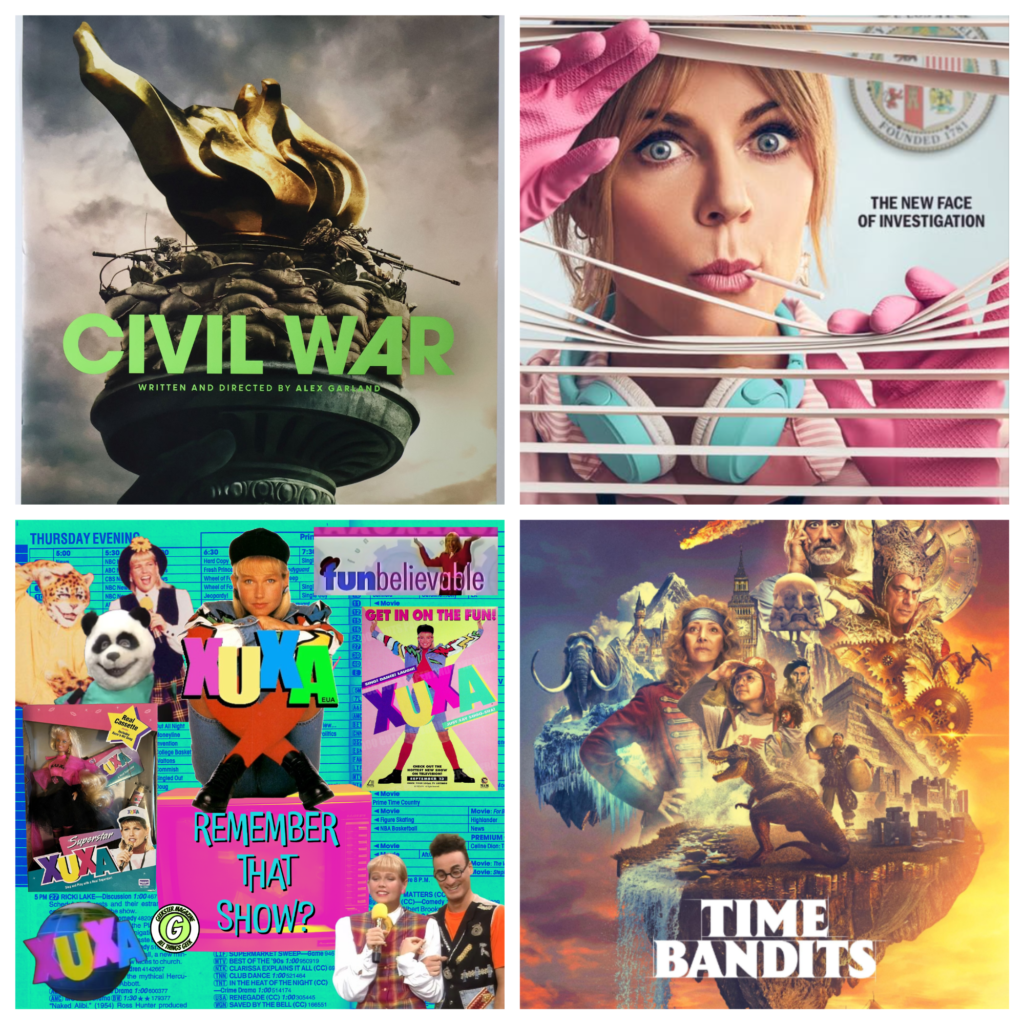Your Path to Higher Education Success
Empowering students with insights and guidance for college degrees.
Cultural Chameleons: How Pop Culture Shapes Our Identities
Discover how pop culture influences our identities and transforms society in Cultural Chameleons—uncover your inner trendsetter today!
The Influence of Film and Television on Personal Identity
The influence of film and television on personal identity is profound and multifaceted. From a young age, individuals are exposed to various narratives and characters that can shape their understanding of themselves and the world around them. By seeing characters who reflect their own experiences, viewers can find a sense of validation and connection, leading to enhanced self-esteem and a more coherent sense of identity. Conversely, the portrayal of certain stereotypes can also lead to misconceptions and biases, emphasizing the need for diverse and accurate representations in media.
Moreover, films and television series often serve as cultural mirrors that reflect societal values and norms. As trends emerge, audiences may find themselves influenced by the fashion, language, and behavior depicted on screen. This can lead to shifts in personal preferences and social interactions, where individuals adopt styles or attitudes resonating with their favorite characters. Ultimately, the impact of visual storytelling is significant, as it not only entertains but also actively contributes to the ongoing formation of personal identity and collective cultural narratives.

Music as a Mirror: How Genres Shape Our Cultural Experiences
Music serves as a profound reflection of our cultural experiences, with various genres acting as lenses through which we can examine societal values, struggles, and triumphs. From the rebellious tones of punk rock that echo the frustrations of youth to the soulful rhythms of blues that tell stories of hardship and resilience, each genre encapsulates a distinct narrative. These musical forms not only entertain but also foster a sense of community and identity, offering individuals a way to connect with one another and understand their place within a larger cultural framework.
As we delve deeper into the interplay between music and culture, we find that the evolution of genres often mirrors shifts in societal attitudes and movements. For example, the emergence of hip-hop in the late 20th century provided a voice for marginalized communities, reflecting their experiences and aspirations. In this way, music not only serves as a mirror but also as a catalyst for change, shaping and reshaping our cultural landscapes. Ultimately, understanding how genres influence our perceptions can deepen our appreciation for the rich tapestry of human expression.
Navigating Trends: How Social Media Influences Our Sense of Self
The impact of social media on our sense of self is profound and multifaceted. As we navigate through various platforms, we are continuously bombarded with curated images and carefully crafted personas that shape our perceptions. Trends on social media often dictate what is considered desirable or acceptable, leading individuals to compare their realities with the highlights of others. This comparison can result in feelings of inadequacy and the pursuit of fleeting trends, rather than embracing one's unique identity. It's essential to recognize that what we see online is often a filtered version of reality, which can distort our own self-image.
Moreover, the role of social media in shaping our identities cannot be overstated. Through likes, shares, and comments, we receive instant feedback that can affirm or challenge our choices and beliefs. This feedback loop can drive individuals to adapt their behavior to align with popular trends, sometimes at the cost of authentic self-expression. Cultivating self-awareness and critical thinking in the face of these influences is crucial. By understanding how social media impacts our sense of self, we can better navigate these digital waters and ensure that our online presence reflects our true selves rather than conforming to external pressures.